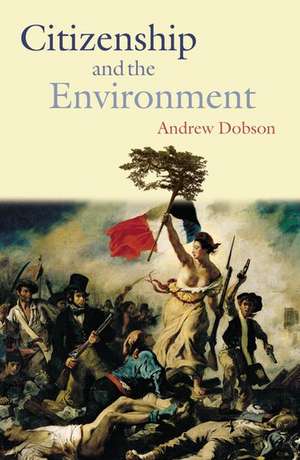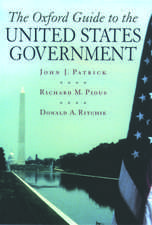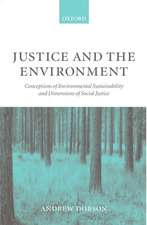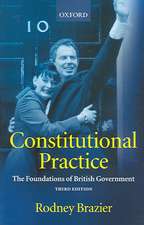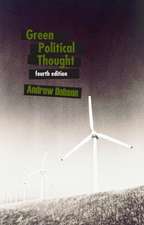Citizenship and the Environment
Autor Andrew Dobsonen Limba Engleză Hardback – 4 dec 2003
| Toate formatele și edițiile | Preț | Express |
|---|---|---|
| Paperback (1) | 470.58 lei 31-37 zile | |
| OUP OXFORD – 27 noi 2003 | 470.58 lei 31-37 zile | |
| Hardback (1) | 933.09 lei 31-37 zile | |
| OUP OXFORD – 4 dec 2003 | 933.09 lei 31-37 zile |
Preț: 933.09 lei
Preț vechi: 1419.44 lei
-34% Nou
Puncte Express: 1400
Preț estimativ în valută:
178.54€ • 186.92$ • 147.74£
178.54€ • 186.92$ • 147.74£
Carte tipărită la comandă
Livrare economică 26 martie-01 aprilie
Preluare comenzi: 021 569.72.76
Specificații
ISBN-13: 9780199258437
ISBN-10: 0199258430
Pagini: 238
Dimensiuni: 144 x 223 x 17 mm
Greutate: 0.44 kg
Editura: OUP OXFORD
Colecția OUP Oxford
Locul publicării:Oxford, United Kingdom
ISBN-10: 0199258430
Pagini: 238
Dimensiuni: 144 x 223 x 17 mm
Greutate: 0.44 kg
Editura: OUP OXFORD
Colecția OUP Oxford
Locul publicării:Oxford, United Kingdom
Recenzii
Dobson's treatment of the education of citizens is illuminating ... His way of linking citizenship with ecological responsibility is salutary, as is his insistence that ecological education have moral, not merely technical, content.
